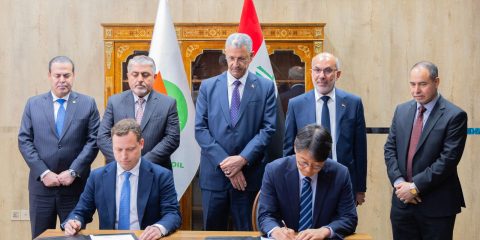The Best Thing America Built In Iraq: Iraq’s Counter-Terrorism Service And The Long War Against Militancy
When the last pocket of the self-styled Islamic State (ISIL) was eradicated in west Mosul last week, it was fitting that the 36th Commando Battalion struck the final blows. The 36th was the first Iraqi special forces unit to be developed after Saddam’s fall. Today it is the longest serving component of the Counter-Terrorism Service — a force of less […]Michael Knights and Alex Mello write for War on the Rocks:
When the last pocket of the self-styled Islamic State (ISIL) was eradicated in west Mosul last week, it was fitting that the 36th Commando Battalion struck the final blows. The 36th was the first Iraqi special forces unit to be developed after Saddam’s fall. Today it is the longest serving component of the Counter-Terrorism Service — a force of less than 8,000 elite troops built by the United States, and the most militarily and politically reliable force at the disposal of the Iraqi government.
The Iraqi Army and Federal Police have regained some public trust since their collapse in June 2014, when Mosul and around twenty other cities fell to ISIL, but only two forces in Iraq have retained the faith of the Iraqi people throughout the war. One is the Counter-Terrorism Service, known in Iraq as the “Golden Division,” a model for multi-ethnic and cross-sectarian nationalism. The other is the Popular Mobilization Forces (PMF), the volunteer units raised by a religious fatwa and government orders in June 2014, which has fallen under the leadership of an Iranian-backed U.S.-designated terrorist, Abu Mahdi al-Muhandis.
The evolution of these two forces will likely shape the future of Iraq itself. Baghdad will need effective counter-terrorism forces backed by the most advanced intelligence capabilities available to the U.S.-led coalition if it is to pursue ISIL into Iraq’s deserts, borderlands, mountains, jungle groves, and urban hideouts. As important, the Iraqi government requires loyalist forces that are under the full command and control of the Iraqi prime minister — particularly as PMF leaders such as Muhandis and Hadi al-Ameri (head of the largest PMF faction Badr) continue to act outside prime ministerial control.





